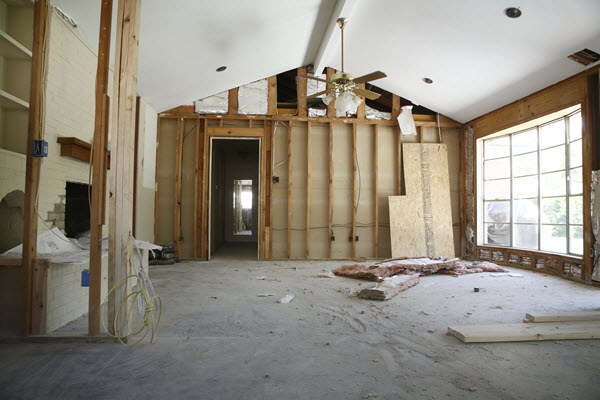Source: Dumb Little Man

Your home should be your castle, but it’s hard to be comfortable when you feel like the walls are caving in.
The psychology of space goes deeper than just our physical likes and dislikes, choice of paint color or decorations.
The way we feel about our spaces, especially in our home, can be both a reflection and cause for our mental state.So, what if this space simply isn’t working for us?
When Honey-Do Turns Into A Nightmare

For most homeowners, there’s a long to-do list in the back of our minds. From painting to remodeling and everything in between, seeking balance and order is in our nature.
Let’s face it:
Our home should be our sanctuary. It’s a place to rest after work or school, protection from the outdoor elements, and an environment for the family. But when the things we don’t like about our home begin to pile up, this tranquil setting can take a turn for the worst.
Cindy Glovinsky, psychotherapist, professional organizer, and author, builds on this idea of the mental burden of dysfunctional space. She says, “Order feels good, in part, because it’s easier for our brains to deal with and not have to work so hard.”
The things we don’t like about our home can go further than just minor annoyances. Day in and day out, living with dysfunction has been shown to raise the levels of cortisol in our body, also called the “stress hormone.”
- Chronic stress may eventually lead to physical effects while also keeping our brains in fight-or-flight mode.
- Physical effects of unaddressed stress can range from fatigue and low energy to headaches and muscle pain.
- Over time, our mental state may begin to suffer even more through difficulty concentrating, moodiness, and irritability.
Time To Tackle Those…
The post How Your Home Affects Your Mood (And What To Do About It) appeared first on FeedBox.